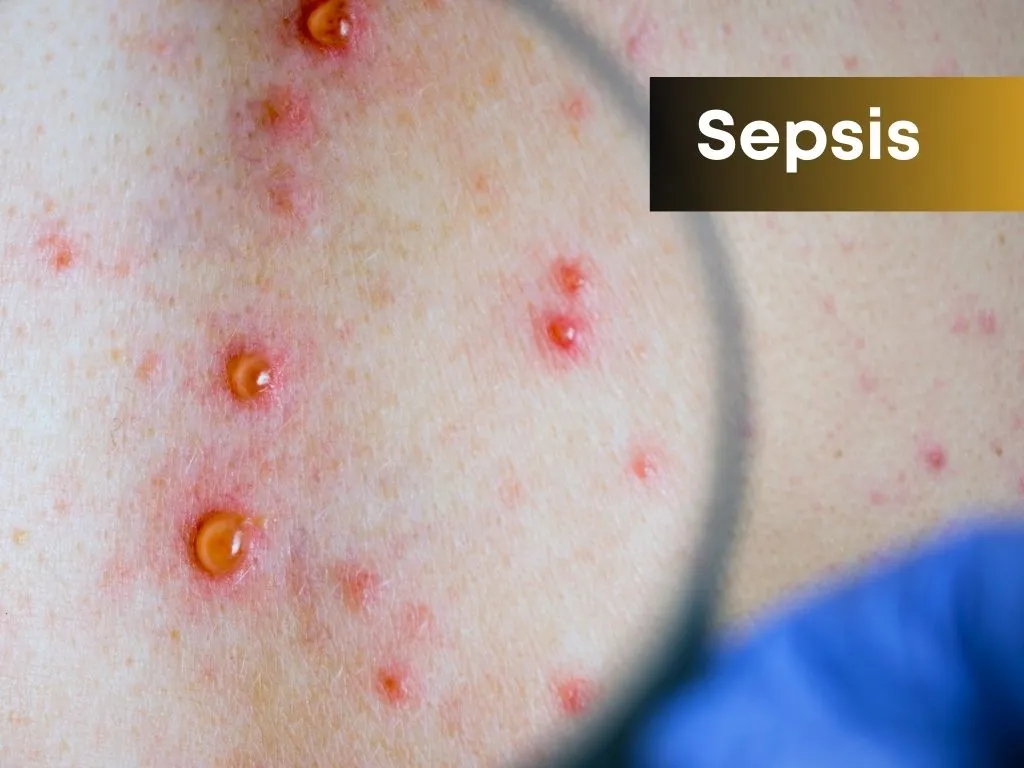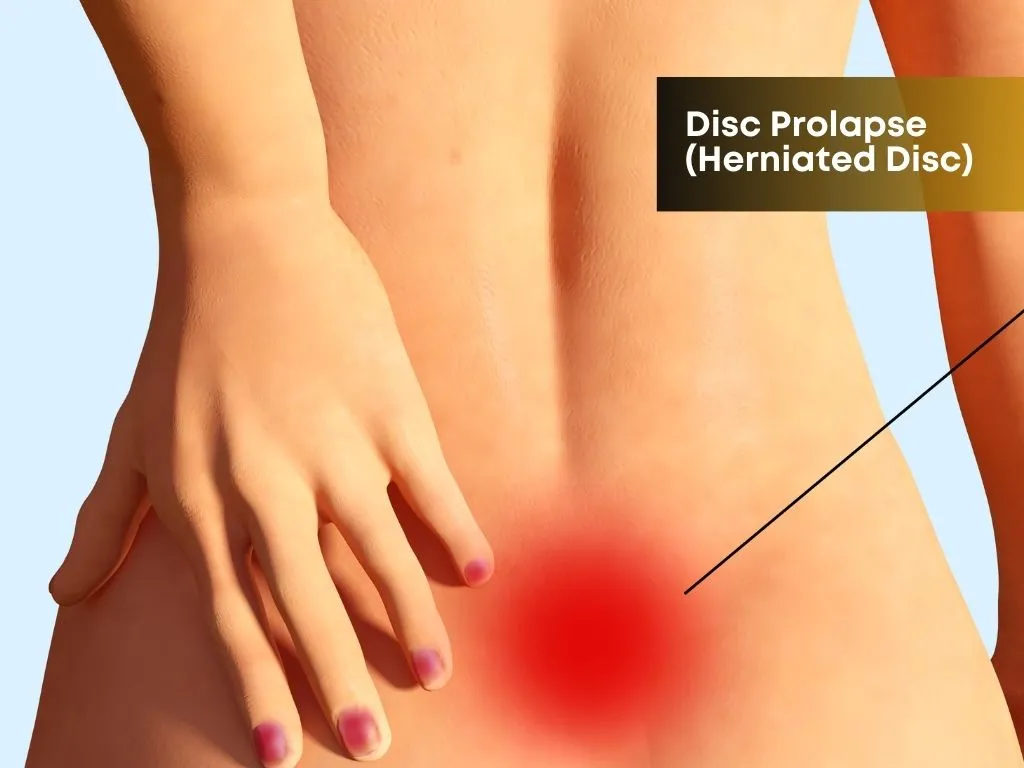Chronic Obstructive Pulmonary Disease (COPD)
-
 Nalamaree Team
Nalamaree Team
- 23 September 2025
Overview
COPD stands for Chronic Obstructive Pulmonary Disease. It's a chronic inflammatory lung disease that causes obstructed airflow from the lungs. The primary symptoms include shortness of breath, coughing, and sputum production. COPD is often caused by long-term exposure to irritating gases or particulate matter, most commonly from cigarette smoke.
Causes
Here are some common reasons and causes of COPD:
Symptoms
Symptoms of an exacerbation in COPD may include:
Treatment: Modern Medicine
Treatment: Traditional Medicine
Caution




















.jpg.webp)
